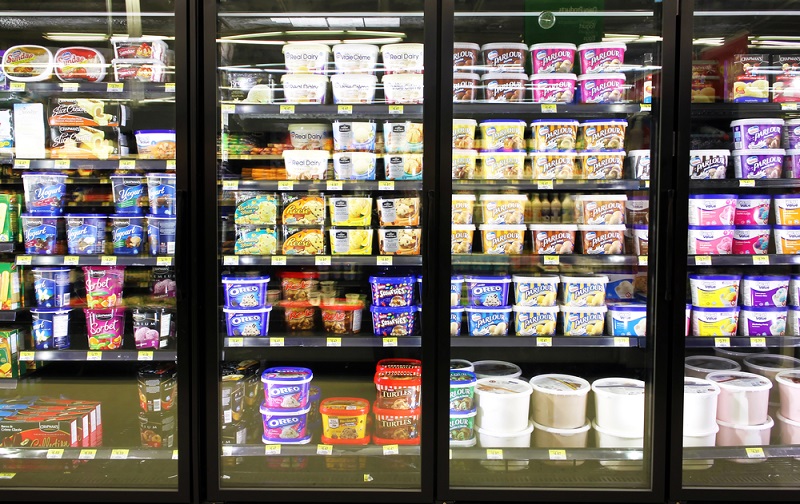Eating 'Ultraprocessed' Foods Linked with Early Death

They may be tasty, but so-called ultraprocessed foods are not what the doctor ordered. Yet, these foods — which are high in salt, sugar and other additives — are an increasingly large part of people's diets. And now, a new study from France suggests that ultraprocessed foods may increase the risk of early death.
The research showed that increased consumption of ultraprocessed foods was associated with a higher risk of death over a 7-year period.
It's important to note that the study found only an association and does not prove that ultraprocessed food consumption causes premature death. But the researchers hypothesized that these foods could contribute to a shorter life span in a number of ways — for example, by increasing a person's risk of heart disease, cancer and other diseases. [7 Tips for Moving Toward a More Plant-Based Diet]
"Ultraprocessed foods consumption has largely increased during the past several decades and may drive a growing burden of noncommunicable disease deaths," the authors wrote in their study, which was published online yesterday (Feb. 11) in the journal JAMA Internal Medicine. ("Noncommunicable" diseases are those that aren't infectious and can't be spread from person to person.)
Ultraprocessed
According to the study, ultraprocessed foods are those that "contain multiple ingredients and are manufactured through a multitude of industrial processes." Besides sugar, salt, fat and oil, these foods include additives such as flavors, colors, sweeteners and emulsifiers, Live Science reported in 2016. Examples of ultraprocessed items include packaged snacks; ice cream; candies; energy bars; processed meats; ready-made meals; and packaged cookies, cakes and pastries.
Previous studies have tied ultraprocessed food consumption to an increased risk of obesity, high blood pressure and cancer, but none have examined whether these foods were tied to a risk of early death.
In the new study, the researchers, from the University of Paris analyzed data from more than 44,000 adults age 45 and older living in France. Participants periodically completed questionnaires about the foods they'd eaten over the previous 24 hours and were followed for about 7 years. During the study period, about 600 participants died.
Get the world’s most fascinating discoveries delivered straight to your inbox.
On average, about 30 percent of the participants' daily calories came from foods that were ultraprocessed.
Each 10 percent increase in the proportion of ultraprocessed foods in the participants' diets was linked with a 14 percent higher risk of death over the 7-year study period.
The findings held even after the researchers took into account other factors that could affect a person's risk of death, such as income and education level, body mass index (BMI), physical activity, smoking habits, total calorie intake, alcohol consumption, and a family history of cancer or heart disease.
Behind the link
Ultraprocessed foods are known to have high levels of sodium and added sugar and low levels of fiber; these dietary components might in turn contribute to an increased risk of noncommunicable diseases, such as heart disease and cancer, the authors said.
In addition, it's possible that chemicals added to or produced during the manufacturing process may have harmful effects, the researchers said. For example, some of the processes used to preserve meat may produce compounds called polycyclic aromatic hydrocarbons (PAHs), which have been linked with developing cancer, Live Science reported. And some compounds used in the packaging or storage of processed foods, such as bisphenol A (BPA), may interfere with the activity of hormones in the body.
Still, the researchers noted that the findings should be confirmed in other populations; additional studies are needed to understand how ultraprocessed foods may increase the risk of early death.
- 11 Ways Processed Food Is Different from Real Food
- 9 Disgusting Things That the FDA Allows in Your Food
- Top 12 Hormone-Disrupting Chemicals Revealed
Originally published on Live Science.

Rachael is a Live Science contributor, and was a former channel editor and senior writer for Live Science between 2010 and 2022. She has a master's degree in journalism from New York University's Science, Health and Environmental Reporting Program. She also holds a B.S. in molecular biology and an M.S. in biology from the University of California, San Diego. Her work has appeared in Scienceline, The Washington Post and Scientific American.
 Live Science Plus
Live Science Plus





